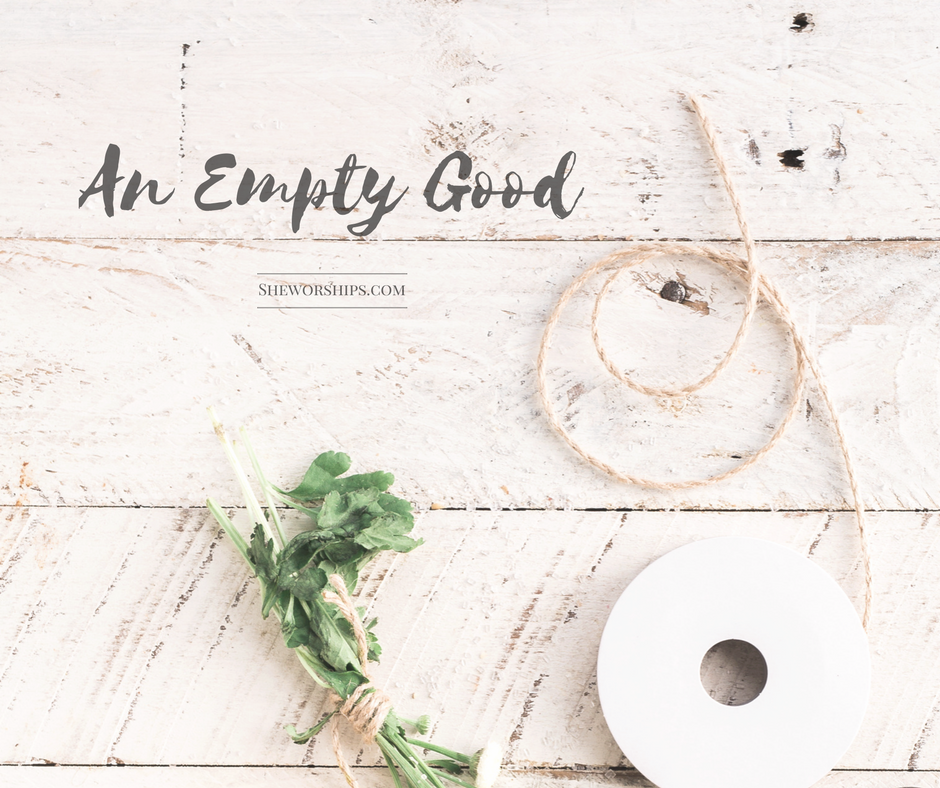
There’s a story in the gospels you might have heard before.
You can find it in Matthew, Mark, and Luke, and it depicts a short exchange between Jesus and a “rich young ruler.” It begins with the young man approaching Jesus and asking him, “What must I do to inherit eternal life.” Jesus responds with a list of commandments–don’t murder, don’t steal, don’t commit adultery–and the young man checks each one. He is, by all accounts, a good person.
Then Jesus continues, “One thing you lack. Go, sell everything you have and give to the poor, and you will have treasure in heaven.Then come, follow me.” (Mark 10:21)
The man was not prepared for this last part. Instead of happily clucking, “Then I will do that too!” the young man despairs. His face falls, and he walks away despondent, “because he had great wealth.”
Strangely enough, I have thought about this story a lot in the last few days, especially as I looked toward Martin Luther King Day. Because the more I thought about it, I realized something about this rich young ruler. Even though he obeyed the law, he wasn’t quite like the Pharisees. He kept all the rules, yes, but there was also an earnestness to him. This was not a man who followed the rules in order to lord it over others, and I suspect that’s why Jesus “looked on him and loved him” (v. 21). Jesus knew the man’s heart. He could see his genuine desire to honor God.
And yet, their brief interaction revealed something else in the young man’s heart. As well intentioned as he might have been, he was only willing to follow Jesus so far. He was a good man, even a godly man, but Jesus wasn’t on his throne. He was willing to follow Jesus, but only until he had to change his lifestyle.
The reason this story has been on my mind lately, is that a lot of us fit into that category. We are, by all accounts, good people. We try to do what is right, we try to love God and others, and our hearts are generally oriented toward Jesus. That is, until the moment we are asked to change our lifestyles. That’s when things get tricky. But until we reach that point, “good” seems good enough.
This same type of “good” was present at the crucifixion. Some were shouting “crucify him!”, while some remained faithful to the end. There were Jesus’ enemies, and Jesus’ friends. But what we often forget, is that there was a whole other group of people who were neither. They weren’t opposed to Jesus, but they weren’t loyal to him either. They were the people in the middle, the people who supported Jesus when things were good, but faded into the background when things were bad. They affirmed the gospel until it required sacrifice. They were, in that sense, a lot like the rich, young ruler.
Here’s why I think this matters for MLK Day. When we look back on the greatest moments in history, moments when there was a clear right and a clear wrong, I think most of us fancy ourselves the good guy. Of course we would have opposed the dictator. Of course we would have rescued the oppressed. Of course we wouldn’t perpetuate evil.
In reality, I suspect most of us would have belonged to that quiet middle. Most of us would have had enough conviction to recognize the good, but not enough for it to cost us something. Just look at our own country.
Growing up, most of us leaned about the angry mobs who lynched African Americans, and we learned about the Civil Rights activists who sacrificed their lives. What we didn’t always learn about was the real reason racial terrorism persisted so long in our nation. It wasn’t just because of the white supremacists. The real racism violent racism endured, is because a silent majority stood by and let it happen. Countless people opposed racism in theory, but not enough to do anything about it. Not when it might cost them something.
This is the part of our history that haunts me, because it means we might be measuring our “goodness” wrong. All this time we thought we were doing pretty good, because we are nice to people who look different than us, and we don’t say racist things, and we adamantly oppose acts of hate. But this year I came to a realization:
There are people who commit open hate, and there are people who simply look the other way. And we can oppose one while silently nurturing the other.
We might not be bad people. But we might only be “good” to a point.
That is the warning of the rich young ruler. It warns us not to overestimate our own goodness. It warns us that “the Kingdom of God is not a matter of talk but of power.” (1 Cor 4:20) It warns us that “good” is meaningless if it doesn’t follow Jesus all the way; “good” is empty when it equates passivity with innocence; “good” is worthless if we’re unwilling to change our lifestyles in order to love God and our neighbor, and “good” is harmful when it satisfies our consciences just enough to keep us from Kingdom work.
Both Jesus and MLK sacrificed and died while a whole lot of mostly good people looked away. And you know what? That’s exactly WHY Jesus died. We will never be as “good” as we need to be, apart from the goodness of Christ. But in him, and by the power of the Holy Spirit, we can tell a different story. We can follow Jesus, even when it costs us, not only because it’s what we’re called to, but because it’s the very answer to the rich young ruler’s question: following Jesus, all the way, is the only real life there is.
Sharon
Sharon





Such an essential reminder here Sharon. Thanks for your heart and it’s beautiful written expression!
I often wonder when the time comes, if I have to stand up, if I have to give away everything, would I be strong and brave enough to do that? I don’t want my faith to be something I just talked about, I don’t want my freedom to be something that get so comfortable and that I forget what a treasure it is. I don’t want to look like the true treasure at both of these things. This is such an amazing post thank you for sharing this.
Good challenging message. Oh Lord, help me be brave.
What a wonderful read. Thank you for the reminder.
My favorite:
“There are people who commit open hate, and there are people who simply look the other way. And we can oppose one while silently nurturing the other.”
Hi, Sharon! What kind of specific actions do you think we should be taking? I am anxious about the church turning its back on people because they might be immigrants-Hispanic or Muslim. How can we not turn our backs on those in need right now? Has the time come, or is it approaching quickly for civil resistance? I am definitely worried about how the new administration will further marginalize some people groups within our country. What are you thoughts?
Great question….
Just found you and your blog through the article you wrote about prophetic imagination-wow, so thankful to have found that. I so identify with what you were saying about the church and this election but just loved the whole article. And then I find your blog and the first blog I read is about the rich young ruler…this one keeps cropping up for me and it scares me and yes, reveals the condition of my heart. Lord help! Ha!
So thank you Sharon. For writing these things and sounding the call.
Wow this is great. Such a powerful truth and one that we need to understand in order to not only make a change in the world by ushering in the Kingdom, but also, like you said, to really have Jesus as Lord of our life. Thanks for sharing! – Suzanne
(Mary Quashie pointed me here for your 20-something post, which I’m super excited about potentially participating in, and I decided to take a look around. 🙂 )
Very good post, unfortunately we all have a tendency to judge and see the faults of others more harshly than we do in ourselves. Only by someone else or Christ do we see the hidden sin in our hearts.
Thank you Sharon and God bless!